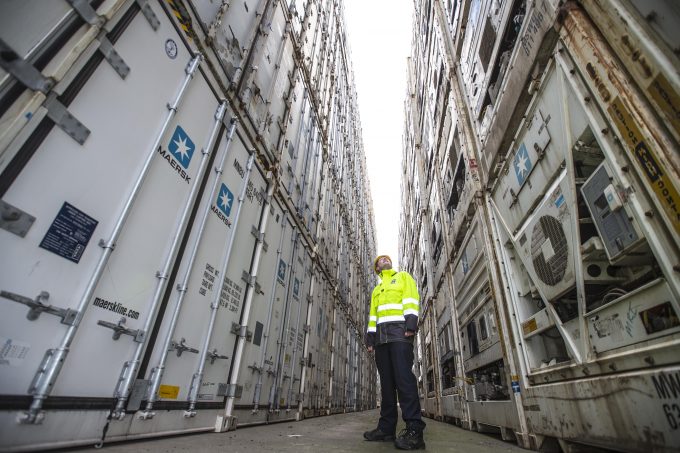Competition concerns over DP World takeover of Silk Logistics
Australia’s Competition Commission (ACCC) has flagged a series of concerns over DP World’s proposed acquisition ...

A campaign to reduce emissions in the cold chain is gathering momentum after appointing a chairman to lead its expansion who used last week’s S&P TPM conference in Long Beach as platform to invite new members.
Last week, the Move to -15 coalition, which launched COP28 in Dubai last year, last week announced it had appointed veteran reefer shipping executive Thomas Eskesen as its first chairman.
According to the research on which the campaign is based, transporting frozen goods at -15ºC, rather ...
Asia-USEC shippers to lose 42% capacity in a surge of blanked sailings
Why ROI is driving a shift to smart reefer containers
USTR fees will lead to 'complete destabilisation' of container shipping alliances
New USTR port fees threaten shipping and global supply chains, says Cosco
Transpac container service closures mount
Outlook for container shipping 'more uncertain now than at the onset of Covid'
DHL Express suspends non-de minimis B2C parcels to US consumers

Comment on this article